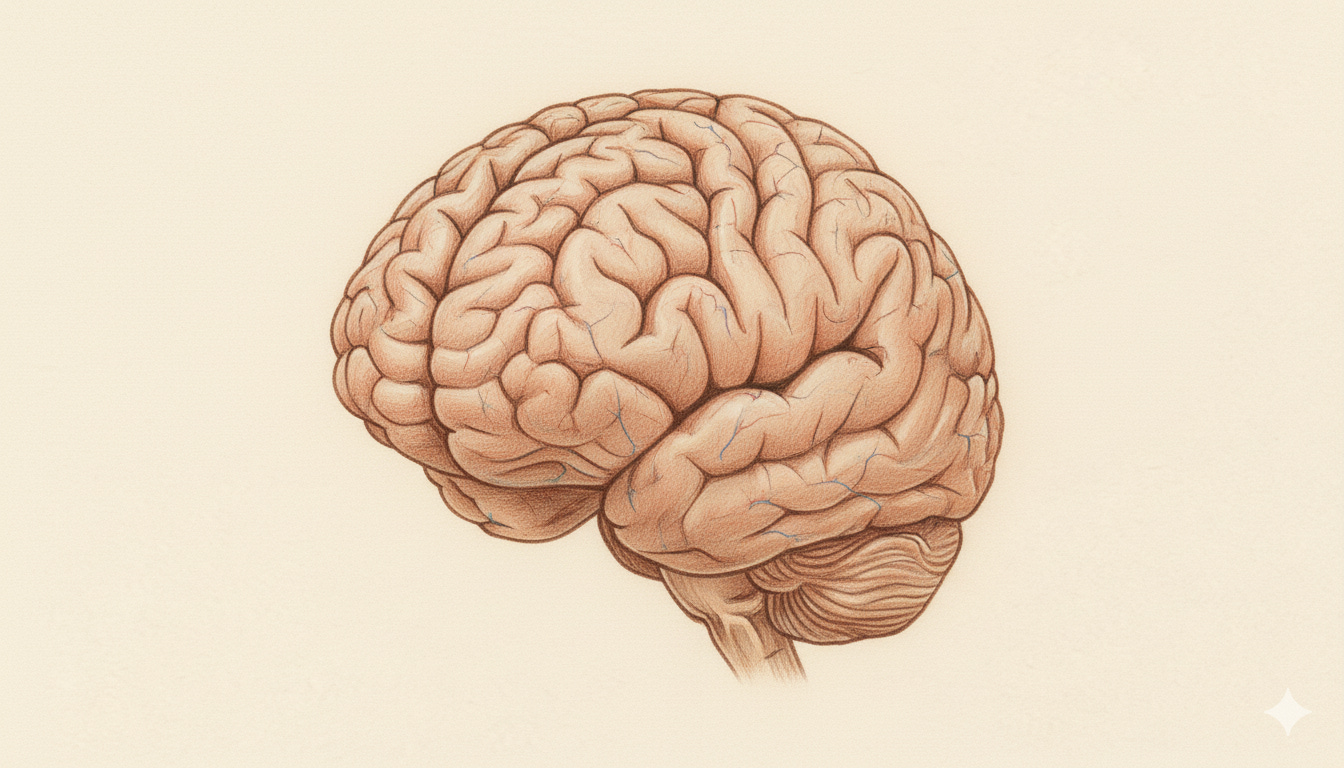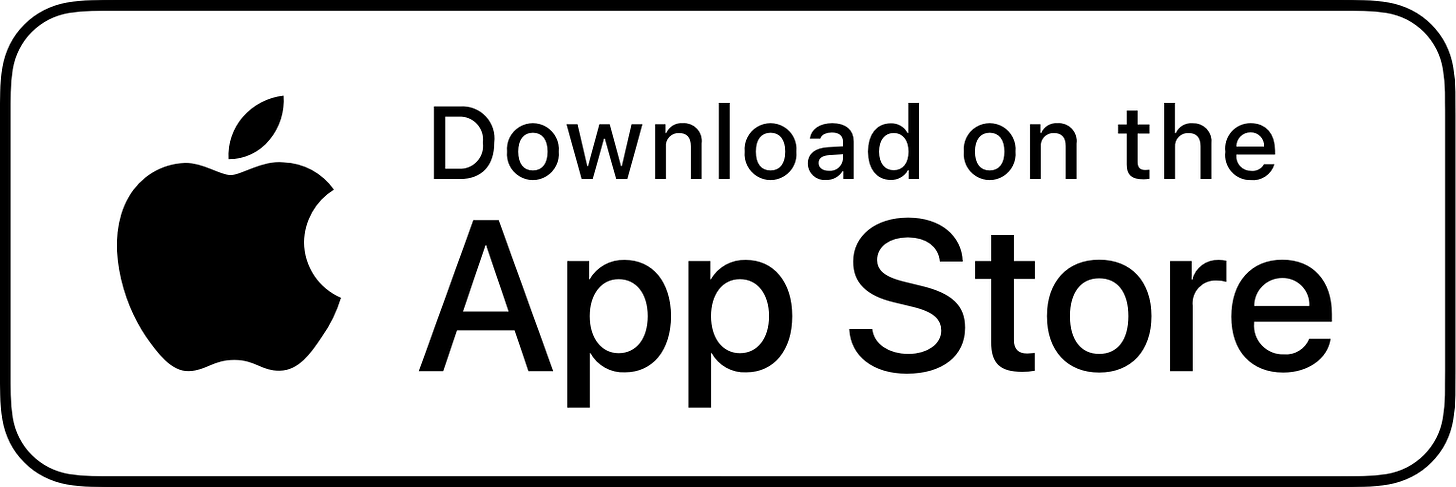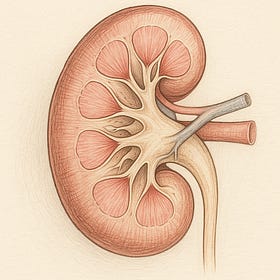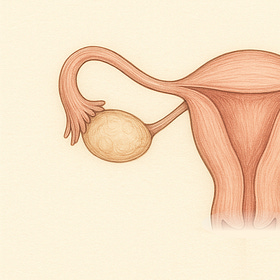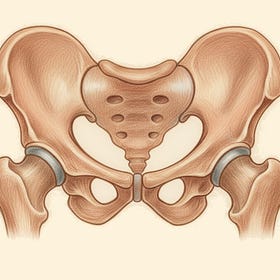A Patient Advocate in Her Pocket
How one woman took control when forced to juggle multiple specialists
Diana* had been healthy her entire life. Then, in the span of just a few months, she found herself juggling appointments between her primary care physician and two specialists: a neurologist and a cardiologist.
“All of a sudden, having a neurologist and a cardiologist, it was just crazy to me,” Diana told me. “I don’t really know how to interact with them.”
It started with mysterious fainting episodes — first on a plane, then at a restaurant where she collapsed and vomited in front of other diners. What followed was the medical equivalent of a relay race where no one passed the baton.
The Specialist Shuffle Begins
Her cardiologist discovered SVT (a heart rhythm disorder) and possibly atrial fibrillation — conditions requiring treatment — but saw nothing that explained the fainting. Then she found that getting a neurology appointment with insurance would take nine months. So Diana searched outside her network and finally found a neurologist who would take her sooner.
The neurologist ordered comprehensive testing in an attempt to understand the fainting, including brain scans. The results came back quickly — weeks before her follow-up appointments. So Diana had the data but couldn’t understand it. Most patients would have just waited anxiously. But Diana realized the results were already synchronized with HealthScout.
Armed with Information
“I asked HealthScout: What does it make of these recent tests and what should I ask about when I meet my doctors,” Diana explained. “And it gave me this really fabulous writeup, by doctor practice, including what I should be discussing with each.”
HealthScout didn’t just analyze her test results — it helped her document symptoms she’d been dismissing as normal aging: chronic nasal problems, occasional unsteady steps, sleep issues, fatigue. Then it organized everything by specialist, creating targeted question lists for her neurologist, cardiologist, and general practitioner.
“Before HealthScout, I would have only been able to listen to what each specialist told me, and been overwhelmed with just understanding all the information,” Diana told me. “Then afterwards, I would think of questions I should have asked. That would take yet more doctor’s visits, weeks out.”
This systematic preparation transformed her from a passive patient, hoping doctors would figure things out, into an informed advocate for her own care.
The Professional Patient Advocate Problem
Diana’s experience highlighted something many patients don’t realize exists: professional patient advocates.
“People with grave conditions can hire someone at the hospital or a medical consultant to guide them every step of the way to simply remember what the doctor said and to make sure all the important questions get asked,” she observed.
But these advocates are expensive and rare. “I don’t have such a person.”
HealthScout filled that gap. It became her patient advocate — organizing information, suggesting questions, helping her remember what to discuss with each specialist.
“It felt like having someone on my side.”
The Results
Diana’s preparation paid off across all her appointments:
The neurologist delivered mostly good news: No predictive markers for Alzheimer’s — Diana’s biggest fear. And her brain volume ranked in the 90th percentile for women her age. “I am an overachiever, as I like to be, and that made me tremendously happy.”
However, the scans revealed white spots on her brain that shouldn’t be there, potentially related to sleep issues. This led to a home sleep study to investigate sleep apnea as a possible cause.
The cardiologist confirmed her heart condition wasn’t related to the neurological findings, and prescribed new medication to help manage it.
Her general practitioner addressed her chronic sinus problems — something Diana had never realized was worth mentioning. “I can actually, at the moment, breathe better than I have in a long time. I just didn’t know what normal breathing should feel like.”
The Bigger Picture
Diana hasn’t had a fainting spell since starting this chapter in her medical journey, and the cause of the fainting still hasn’t been 100% diagnosed. But Diana’s story isn’t about finding a hidden diagnosis or catching medical errors. It’s about successfully navigating an increasingly complex healthcare system when you’re not equipped for the journey.
“HealthScout just really helped me keep it all organized. It was just so overwhelming between cardiologist, neurologist, and the general practitioner. And because I was so tired all the time, I know I wouldn’t have asked all my questions.”
The transformation was remarkable. Instead of feeling lost in the medical system, Diana became an active participant in her care.
“I am just eternally grateful for HealthScout, just in time for my aging process,” she said.
The Patient Advocate We All Need
Diana’s experience reveals a fundamental truth: as we age and our healthcare becomes more complex, we all need patient advocates. But professional advocates are expensive and scarce.
HealthScout democratizes patient advocacy, giving everyone access to the kind of systematic preparation and organization that only the most resourced patients typically receive. In a system where specialists don’t coordinate, Diana became the one passing the baton between her disconnected doctors — and HealthScout gave her the confidence to do it effectively.
“It felt like having someone on my side,” Diana reflected. “HealthScout helped me feel so much more in control. I don’t mean in control of what the doctor does because in the end, the doctor should be in control of what they’re prescribing or telling me to do. But I felt in control of knowing what I should hear about and what questions I wanted to ask.”
That’s the power of having a patient advocate in your pocket — not to replace your doctors, but to help you get the most out of every appointment.
*Diana’s name has been changed to protect her privacy, but her story, quotes, and medical details are real.
HealthScout is an educational tool only and does not provide medical advice, diagnosis, or treatment. Always consult with qualified healthcare professionals for medical decisions.
Feeling overwhelmed by your healthcare journey? Get the patient advocate we all need, right in your pocket. Download HealthScout free in the App Store.
More stories of how HealthScout helped people with their healthcare
What My Doctor Missed
In my last post, My Next Learning Curve: Democratizing Healthcare, I made the case that patients need tools to put themselves on even footing with the complex and fragmented healthcare industry, and AI could be the catalyst to enable it.
None of Her Five Doctors Saw the Forest
Lilo had always been fit, lean, and strong. She could eat whatever she wanted and maintain her athletic lifestyle without much thought. Then 2020 arrived, and everything changed.
Hidden in Plain Sight
Mark* had been taking a statin for years when comprehensive blood testing revealed something his primary care doctor had never checked for: elevated Lp(a).
The Decision That Took Weeks to Research
Maya* sat in the endocrinologist's office, freshly diagnosed with osteoporosis and facing a choice that would affect her health for years to come.



